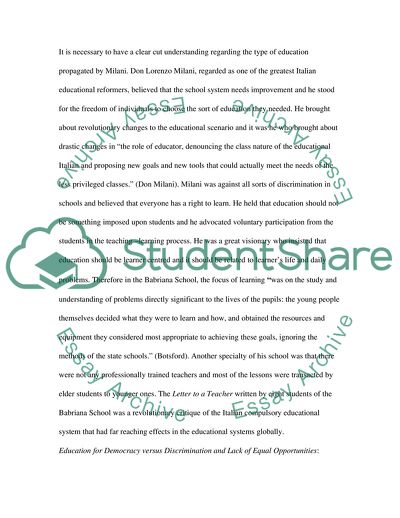Cite this document
(Education for Democracy Essay Example | Topics and Well Written Essays - 2000 words, n.d.)
Education for Democracy Essay Example | Topics and Well Written Essays - 2000 words. https://studentshare.org/education/1714289-as-follows-in-order-instructions
Education for Democracy Essay Example | Topics and Well Written Essays - 2000 words. https://studentshare.org/education/1714289-as-follows-in-order-instructions
(Education for Democracy Essay Example | Topics and Well Written Essays - 2000 Words)
Education for Democracy Essay Example | Topics and Well Written Essays - 2000 Words. https://studentshare.org/education/1714289-as-follows-in-order-instructions.
Education for Democracy Essay Example | Topics and Well Written Essays - 2000 Words. https://studentshare.org/education/1714289-as-follows-in-order-instructions.
“Education for Democracy Essay Example | Topics and Well Written Essays - 2000 Words”. https://studentshare.org/education/1714289-as-follows-in-order-instructions.


